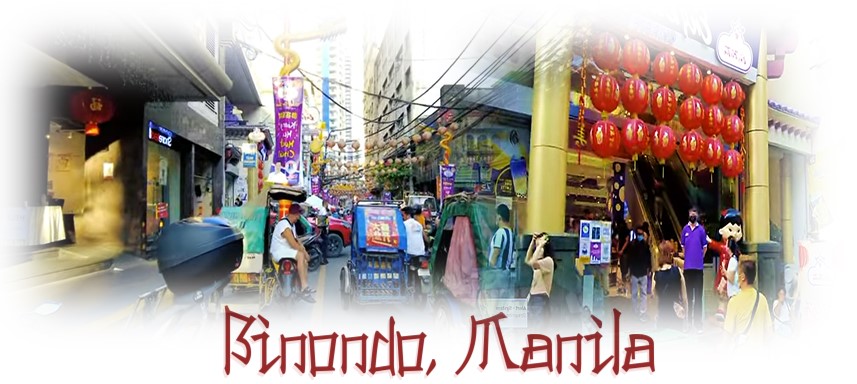
The Philippines and China have been long-time trading allies with recorded interactions dating to the precolonial era. Because of this, many Filipino customs are Chinese in origin – one notable example being lumpia. Many Chinese immigrated to the Philippines in hopes of more opportunities, some earlier than others. Now the richest people in the country are mostly of Chinese descent although most of the Filipino-Chinese are in the middle class.

The Filipino-Chinese comprise about 2.5% of the total population. In fact, their community is considered to be one of the largest Chinese communities outside of China. These are people who are ethnically Chinese but born and raised in the Philippines and I am one of them.
Being Filipino-Chinese is a strange thing. It’s growing up as both a foreigner and a local at the same time. For me and my Fil-Chi friends, we grew up on Chinese traditions and practices and went to Chinese schools. Most Fil-Chis don’t speak the Chinese national language which is Mandarin instead, we use the dialect called Hokkien (used in Fujian, China where most Fil-Chis’ ancestry comes from). Of course, since we live in the Philippines, we speak the local Filipino dialect and are aware of the Filipino history and customs, and learned to integrate some of them into our daily lives. My crowd growing up was mostly my fellow Fil-Chi friends so I never really felt like I was different because my friends came from a similar background as mine.

When I went to college and became more aware of my environment, I was in for a big surprise. I thought I grew up in this country my whole life, it couldn’t be any different. I was mistaken. I was surprised to know that not a lot of Filipinos, especially the ones from more rural areas were exposed to Fil-Chis. I remember a co-worker from a summer job who asked me this way, “If you’re Chinese, then why do you live in the Philippines?” This amused me and at the same time caught me off guard. Another thing is some friends would also ask me if the Chinese stereotypes they heard were true. Some classic examples include: if we had a family business (we do), if we could only date within our race (true to an extent; we call it The Great Wall) and if we went to the temple (we used to when my grandfather was still alive).
When going out with Filipino friends, I experience cultural differences and cannot always relate to them. When I meet people from Mainland China, aside from the obvious language barrier, they also have many practices I don’t relate to. There really are moments when I feel like I am not Filipino enough or Chinese enough.
Eventually, I’ve learned to accept the bigger picture of me as being a Filipino-Chinese. Chinese by blood, values, and culture but Filipino by heart. It’s a living paradox where you take pride in being Chinese but side with the Philippines in the conquest of the West Philippine Sea. It’s embracing Chinese traditions while enjoying Filipino humor on the Internet over Chinese ones. It’s embracing both sides and seeing the good, bad, and ugly in both.

From the influence Chinoys have in the Philippines, the Philippines celebrates Chinese Lunar New Year as a holiday. Many big cities like Manila and Davao have a Chinatown, too, where you can find authentic Chinese food and things. However, with the rising issue of the Philippines
being eyed as a province of China, rather than a sovereign nation, many Chinoys side with the Philippines. As the slogan of a channel called “Chinoy TV” states, “Chinese by blood, Filipino by heart.” That means that we stand by our home no matter what.
Learn Tagalog
Learn Cebuano
Learn Ilocano

A medical student who is passionate about writing and loves to travel in her free time.

